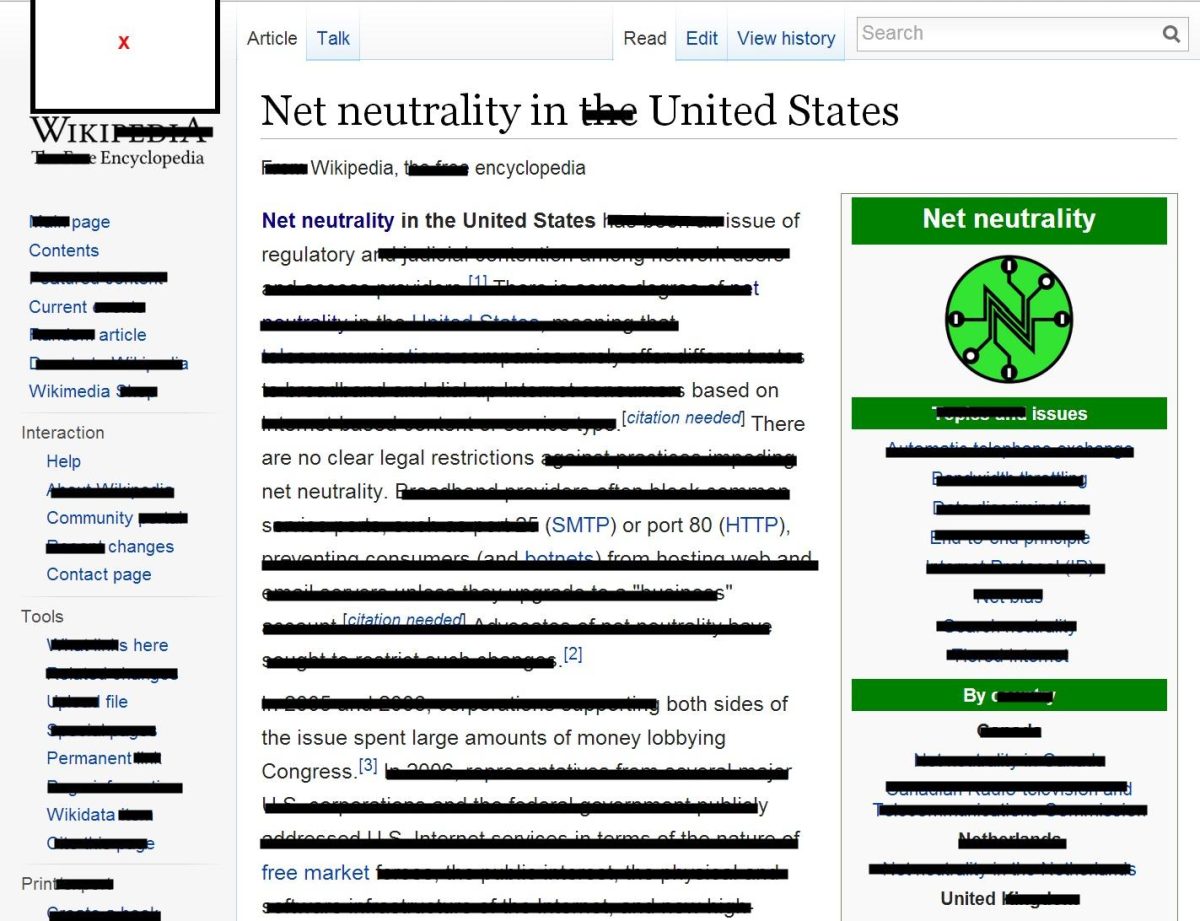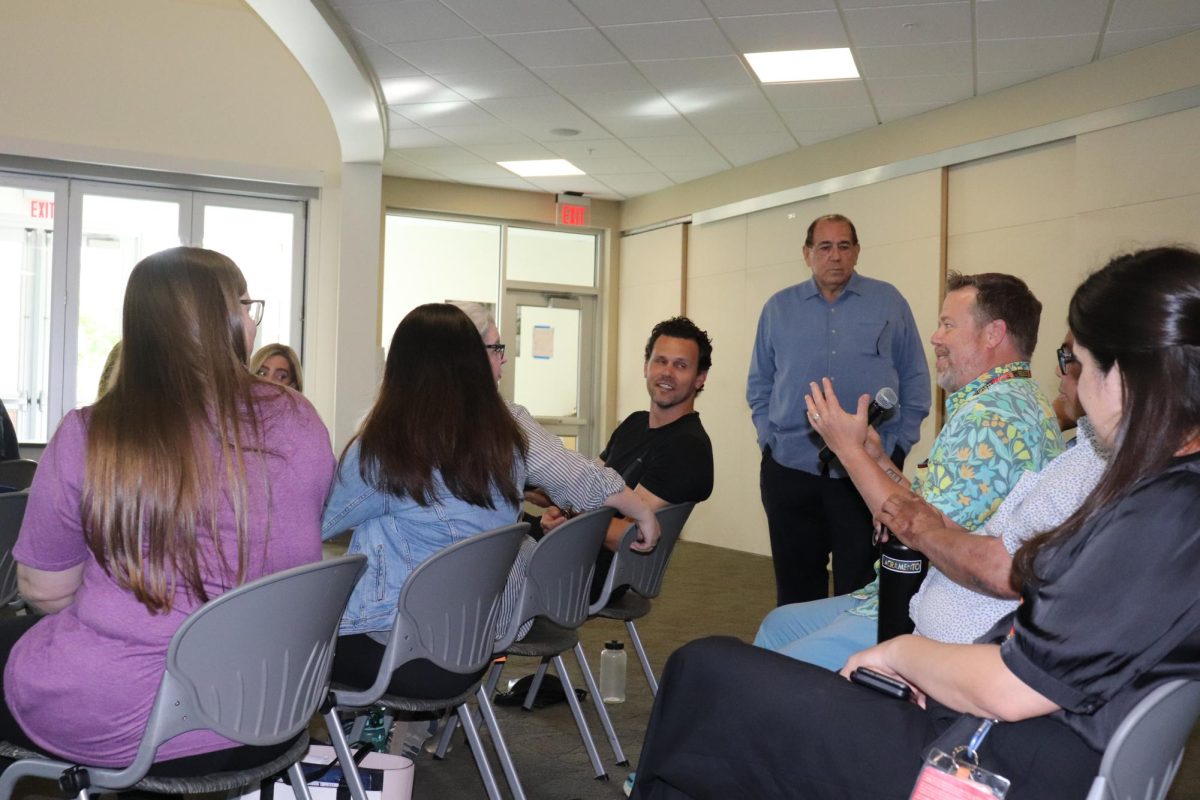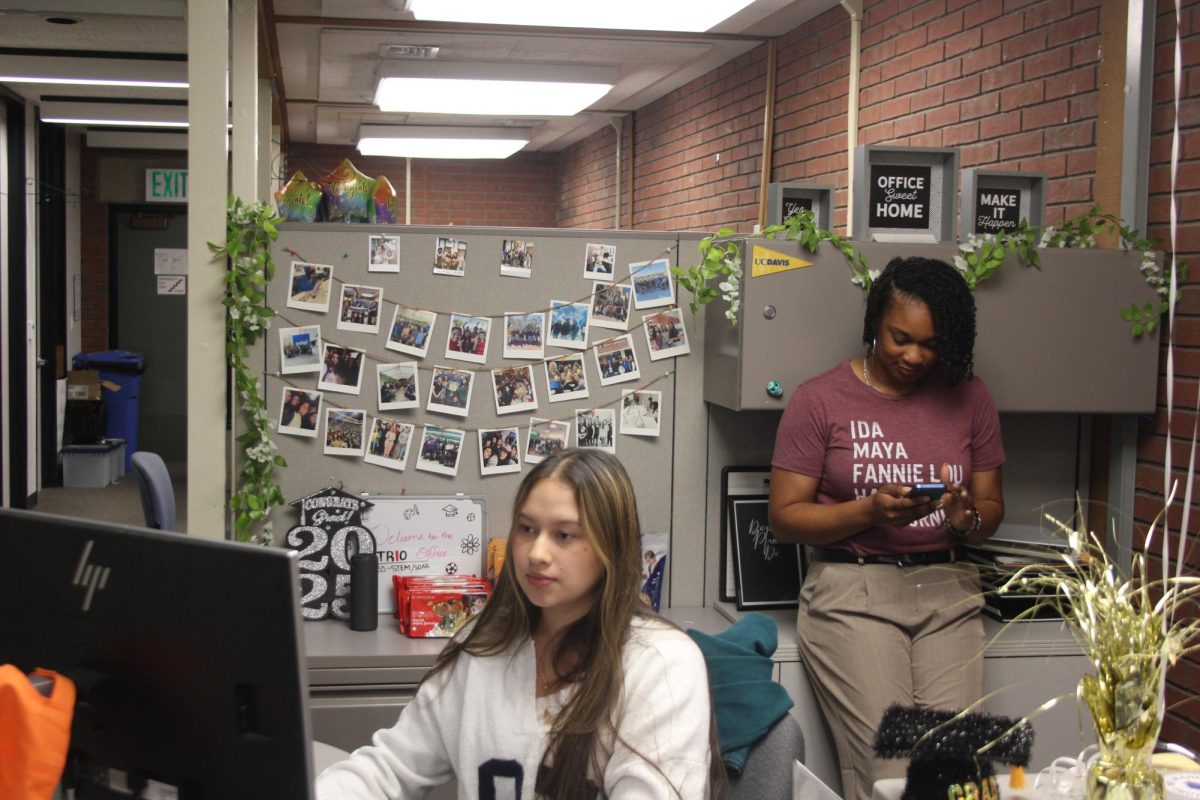Net Neutrality: The FCC, the company and the consumer
August 24, 2014
The internet is grounded in the idea of freedom and access to information. This freedom is in jeopardy if Congress allows conglomerates to dictate our access to that information.
Recently, the public has demanded practical regulation of internet providers that defends the individual’s access to all information, called net neutrality.
Most people access the internet by utilizing a few large broadband providers, such as Comcast, AT&T, Verizon or Time Warner, who are proponents of a closed internet.
These companies have a monetary interest in creating a closed internet and, as Comcast and Verizon have already shown in their dealings with Netflix, they have limited concern for individuals.
Both providers slowed access to Netflix as a way to force the streaming service to pay the companies for speeds equal to other websites. After being paid by Netflix, Comcast returned access speeds to normal while Verizon continues to strangle streaming speed and quality, according to CNN Money.
Verizon users are still left to endure an unusable experience with no regard from their internet provider.
It’s this type of poor treatment that over a million internet users sought to prevent when signing a petition for the Federal Communications Commission to enact net neutrality.
It was the largest public response in FCC history in a short period of time, according to National Public Radio, because people saw the immediate impact that a closed internet can have on them.
Until Congress enacts a law enforcing the idea of net neutrality, the consumer will be impacted because there are so few options when it comes to escaping these larger companies.
Most areas are dominated by one large provider or have smaller providers who use the infrastructure of conglomerates to give internet to their users.
With no way out for the individual, a closed internet puts everyone at the whim of the broadband provider not only when it comes to their entertainment but the information they have access to, because corporations would be enabled to dictate which services and websites an individual can readily access.
Access would depend on what benefits the provider, and not the individual. So while the conglomerates gain money, the individual loses their freedom to information which impacts everyone on a day to day basis.
A closed internet combats the spirit of higher education by limiting individual’s access to a wide range of information.
Enacting net neutrality would make the aforementioned acts illegal by applying a set of rules called common carrier that are already applied to a multitude of services such as telephone networks and public highways. The rules prevent anyone from dictating what information is given special treatment and would combat a closed internet, according to the ACLU.
For a nation built on individual freedoms, we are quick to forget that we are the government. Meaning, Congress should be acting in our interest, and not the interests of corporate America, by passing laws enforcing net neutrality.
As a collective, the individual has a stronger voice than the largest broadband provider. Although the time to formally petition Congress has closed, there is still time to act and let your voice be heard by contacting your elected Congressional official and participating in local and regional organizations that continue to defend our individual freedoms.






